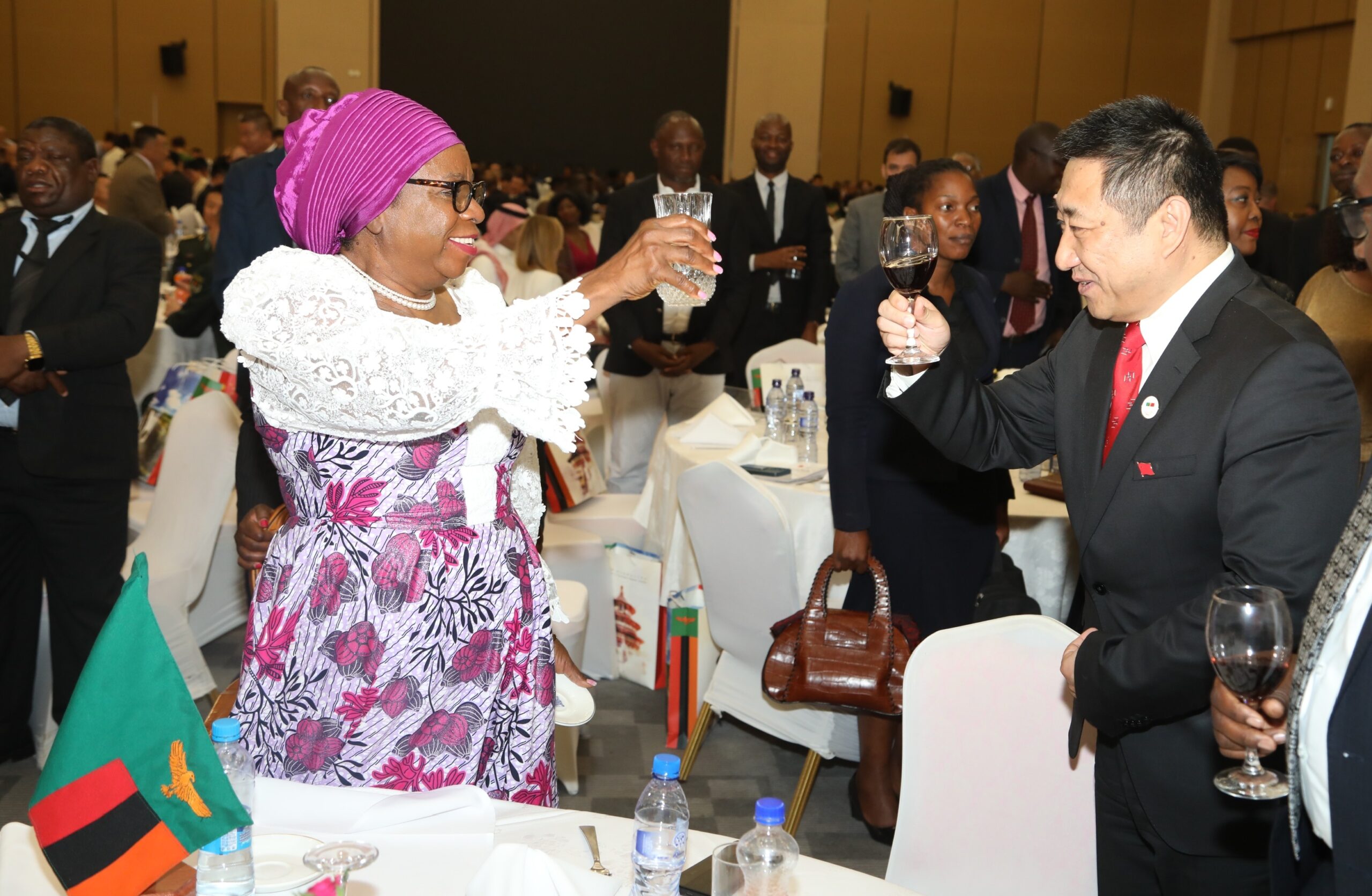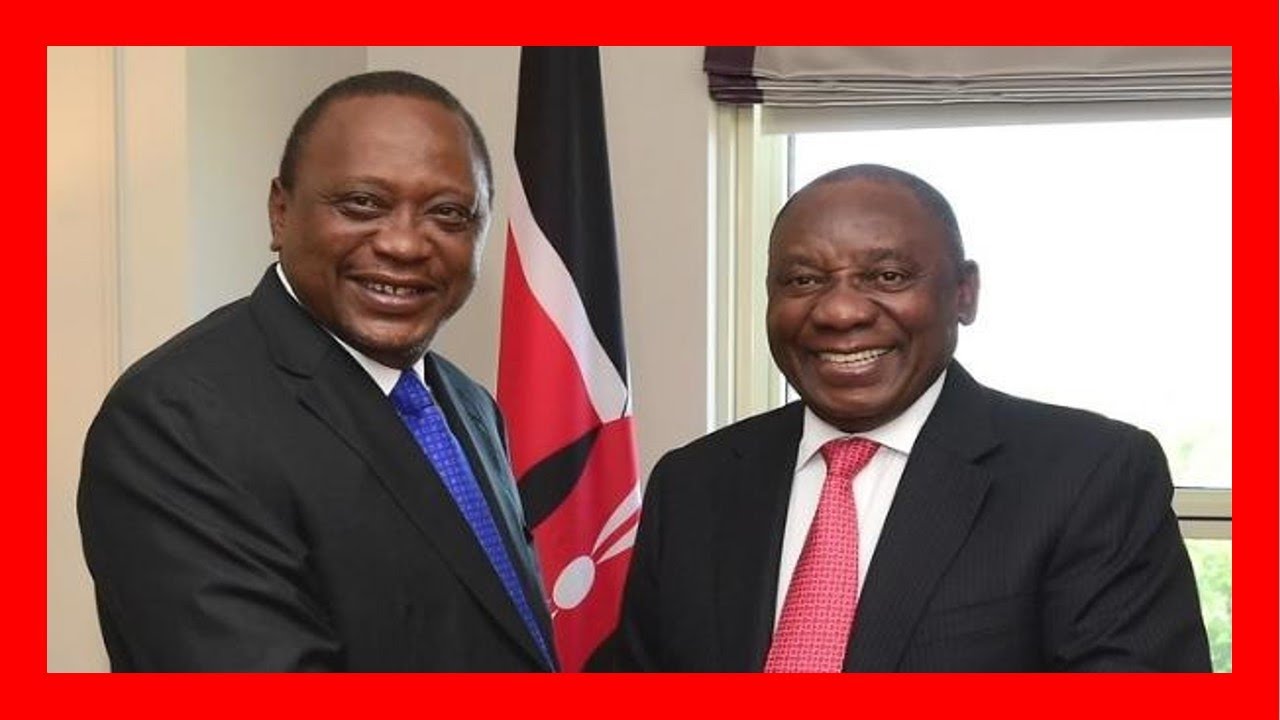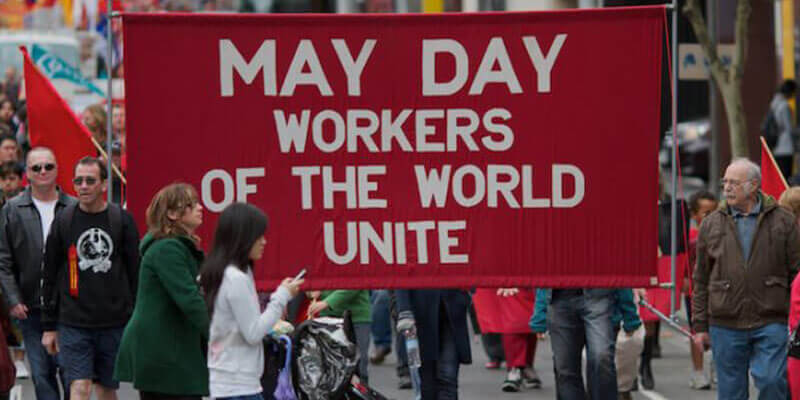
Africanews
In a letter read out to the media by the government spokesman, former Burkina Faso president Blaise Compaoré asked the family of Thomas Sankara and the Burkinabe people for forgiveness for all the crimes committed under his rule.
Compaore’s apology, issued on Tuesday is leaving mixed reactions as Burkinabe citizens consider the manner and sincerity of the former head of state Blaise Compaoré’s request for pardon.

If they had simply put at the end of the letter, ‘I place myself at the disposal of my country’s justice system’, I would have applauded.” says one passer-by.
“I ask the Burkinabe people for forgiveness for all the acts I may have committed during my tenure, and especially the family of my brother and friend Thomas Sankara,” he said in a message read out by government spokesman Lionel Bilgo.
Compaore seized power in the West African nation in a 1987 coup in which Sankara was gunned down by a hit squad. The violent death of his former comrade-in-arms was a taboo subject throughout his 27 years in power.
A Burkina court handed him a life term in absentia in April for his role in the assassination.
“I take responsibility for, and regret from the bottom of my heart, all the suffering and tragedies experienced by all victims during my terms as leader of the country and ask their families to grant me their forgiveness,” Compaore said.
Luc Damiba, Secretary General of the Thomas Sankara International Committee Memorial is disappointed.”You have not been condemned or punished yet nor have you recognised your acts” he says of Compaore.
”You deny justice, even defy it and at the end of the chain, when you see that there is no other way out, you come and ask for forgiveness. It’s a forced pardon! It’s as if he was forced to ask for forgiveness.” Damiba lamented. He went further and blasted the apology as “a masquerade… a kind of diversion that he is sowing in people’s minds”.
Compaore’s goal, he said, was “to be able to return to Burkina and get a presidential pardon”.
Blaise Compaore returned to Burkina Faso for several days this month, without facing arrest, after the country’s military leader Lieutenant Colonel Paul-Henri Sandaogo Damiba invited him in the name of “national reconciliation”.
The visit sparked an outcry among civil society groups and political parties, who said uniting the nation should not come at the expense of impunity.
‘A masquerade’
A fiery Marxist-Leninist who blasted the West for neo-colonialism and hypocrisy, Sankara came to power as an army captain aged just 33.
He was assassinated little more than four years later on the same day as the coup which brought his erstwhile comrade-in-arms to power.
He and 12 colleagues were gunned down by a hit squad at a meeting of the ruling National Revolutionary Council on October 15, 1987.
Support for Sankara’s belief in pan-Africanism and egalitarianism remains deeply rooted, and the country has erected monuments in his honour.









